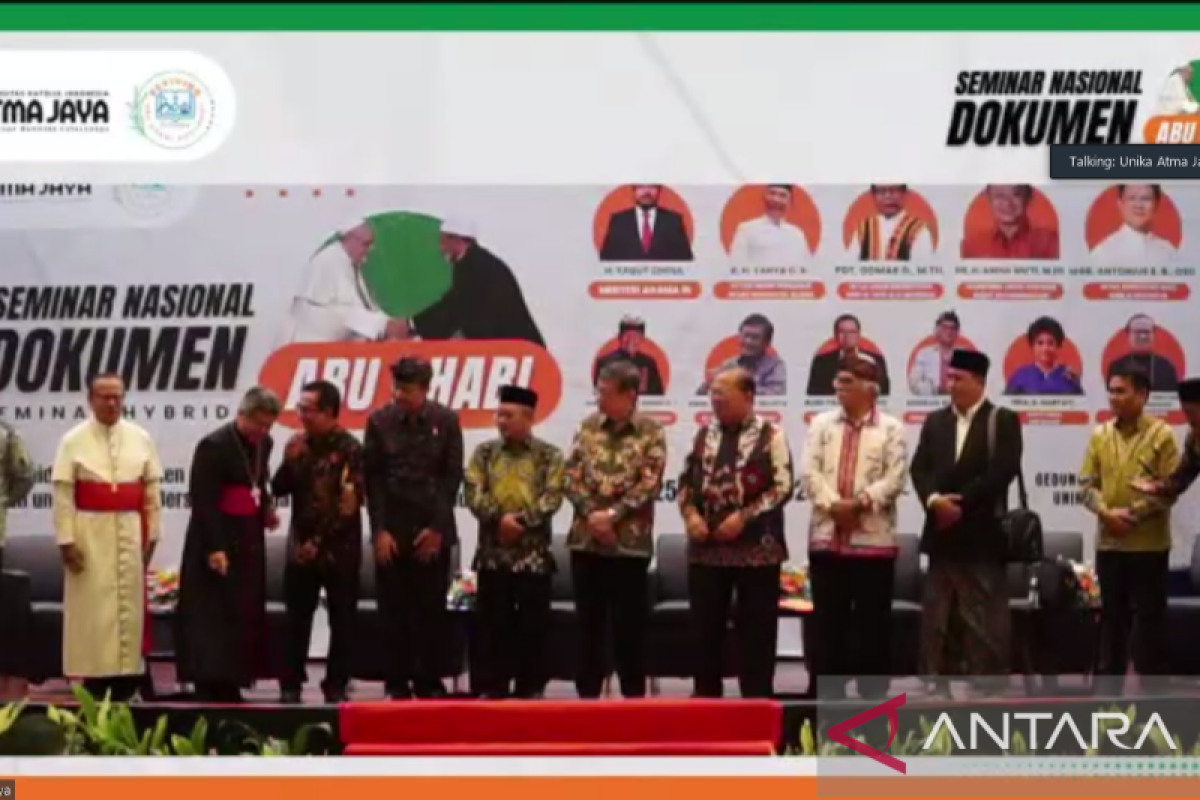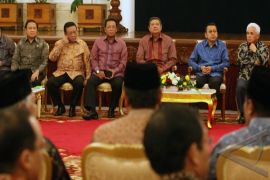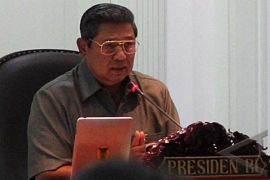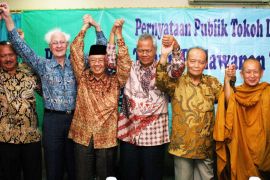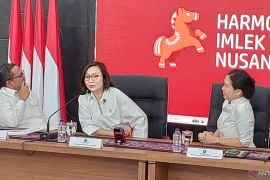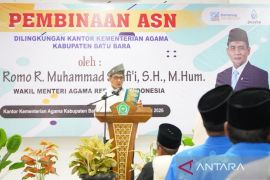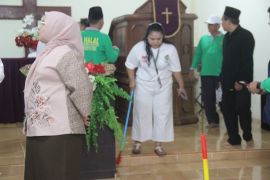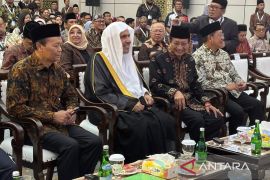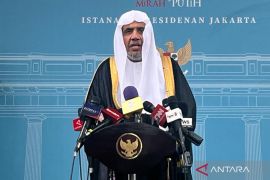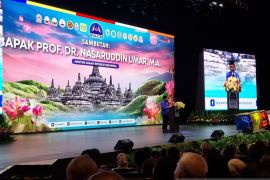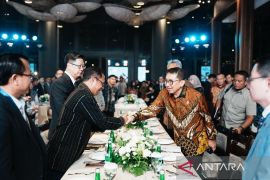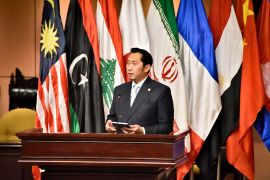"When talking about Indonesia, this diversity is one thing that cannot be denied. This is the nature of God. NU's basic concept teaches that diversity is not something that should be debated," said Al-Busthami.
He made the remarks at a national seminar on the implementation of the Abu Dhabi Document on Human Fraternity for World Peace and Living Together, which was followed online from Jakarta on Wednesday.
The document serves as a valuable road map for building peace and creating harmony among religious communities. It contains several guidelines that need to be disseminated throughout the world.
Chairperson of the Communion of Indonesian Churches, Gomar Gultom, said that the Abu Dhabi document invites Indonesians to live out the substance of their respective religions and not be trapped by religious symbols.
“All of us want a sense of peace and respect for humanity. There are no church members who do not aspire to peace. And I'm sure people of other religions are like that, too,” Gultom observed.
On the same occasion, chairperson of Parisadha Hindu Dharma (PHDI), Wisnu Bawa Tenaya, said that religious people are aware of the belief in and fear of God.
"Apart from that, we also have to be aware that we are citizens of the Republic of Indonesia who are based on (the state philosophy) Pancasila," Tenaya added.
According to Abdul Mu'ti, secretary general of the Muhammadiyah central executive, what is important in the Indonesian context is how not to relegate the Abu Dhabi document to history.
In Indonesia, there is already an interfaith humanitarian organization called the Humanitarian Forum Indonesia (HFI) whose members go out together to help those in need, he said
“We read different scriptures, but the message of the scriptures is the same. Then we practice it in the form of humanitarian action, which turns out to be of enormous benefit to the community," said Mu'ti.
Budi Tanuwibowo, chairperson of the Supreme Council for the Confucian Religion in Indonesia (MATAKIN), expressed the hope that universities will spearhead dialogues between people of different religions more often.
He said that having an honest and open dialogue with those who are different can help people learn about each other's position so that they can help each other.
“Don't only have a dialogue with those who are the same. [When we hold a] Dialogue among ourselves, roughly speaking, we only please ourselves, and feel we are the same. In fact, the reality is very different,” Tanuwibowo said.
The national seminar on the implementation of the Abu Dhabi document, which was organized by Atma Jaya Catholic University and attended by interfaith leaders, signed the Atma Jaya Declaration and submitted the declaration to the Indonesian government.
Abu Rokhmad, a legal and human rights expert staff at the Ministry of Religious Affairs accepted the Atma Jaya Declaration on the government’s behalf.
"We thank you ladies and gentlemen for conveying this mandate. Later, we will submit it to the Minister (of Religious Affairs). We will see what we can do to materialize the Abu Dhabi document that was discussed earlier," said Rokhmad.
The Declaration of the Atma Jaya Dialogue on True Friendship for Humanitarian Movements supports all parties on upholding humanity, prioritizing a peaceful approach when resolving national conflicts, and condemning and rejecting terrorism and all forms of violence in the name of religion and belief.
Related news: Ministry, PBNU seek to strengthen preventive health programs
Related news: National Santri Day honors heroes: PBNU
Translator: Cindy Frishanti Octavia
Editor: Anton Santoso
Copyright © ANTARA 2023
